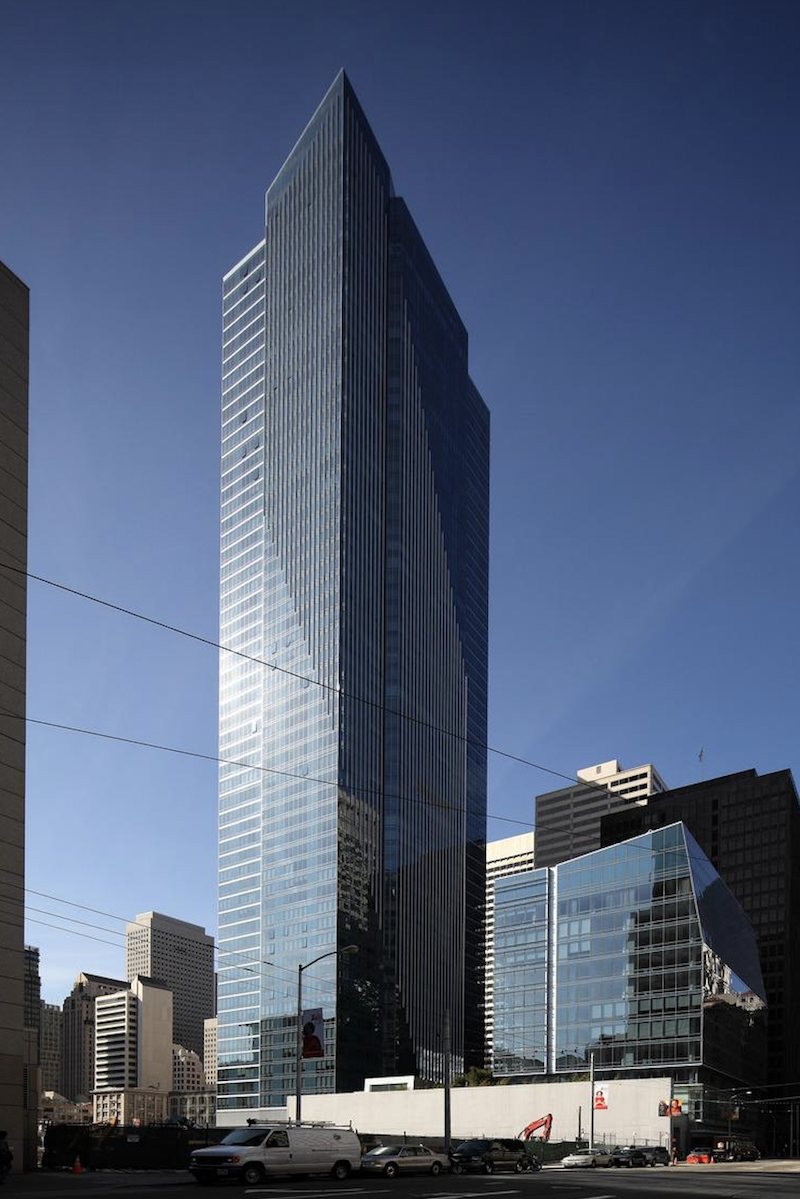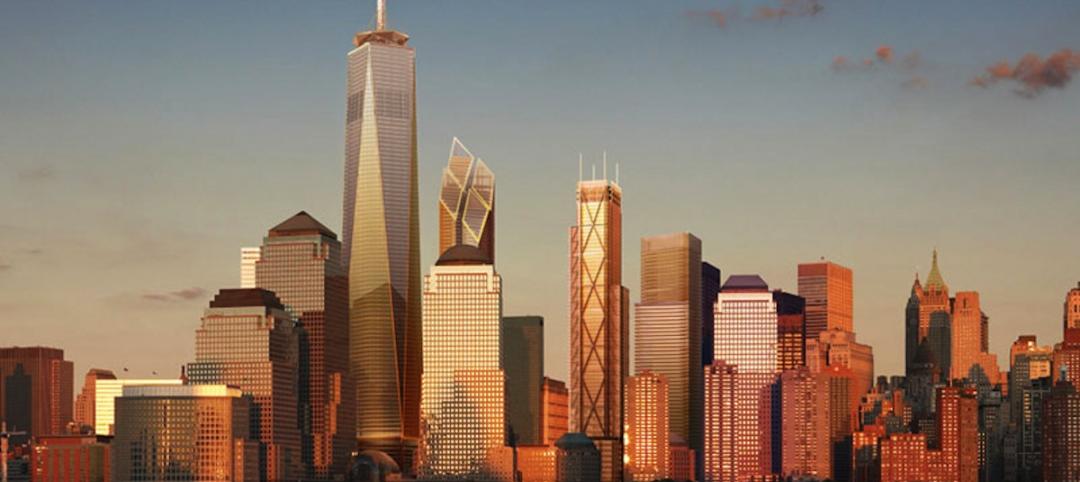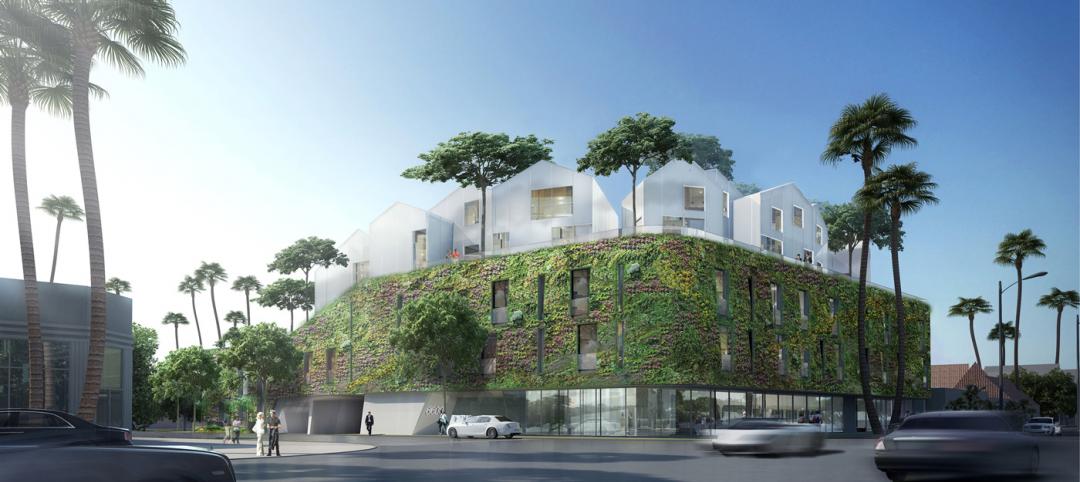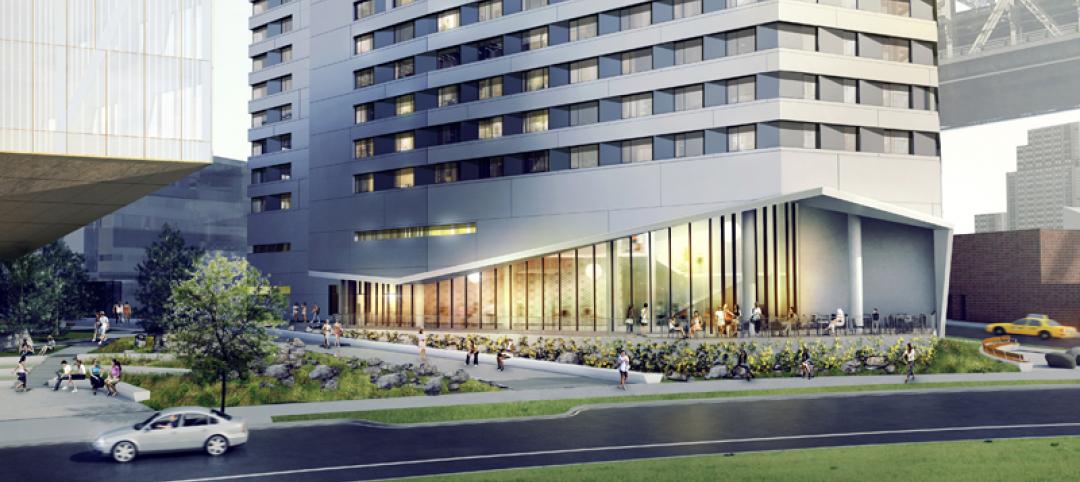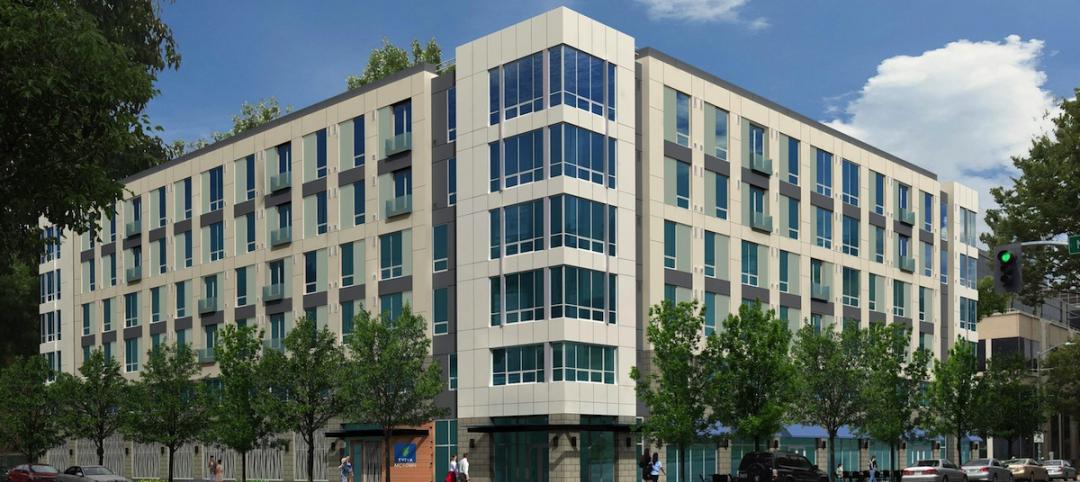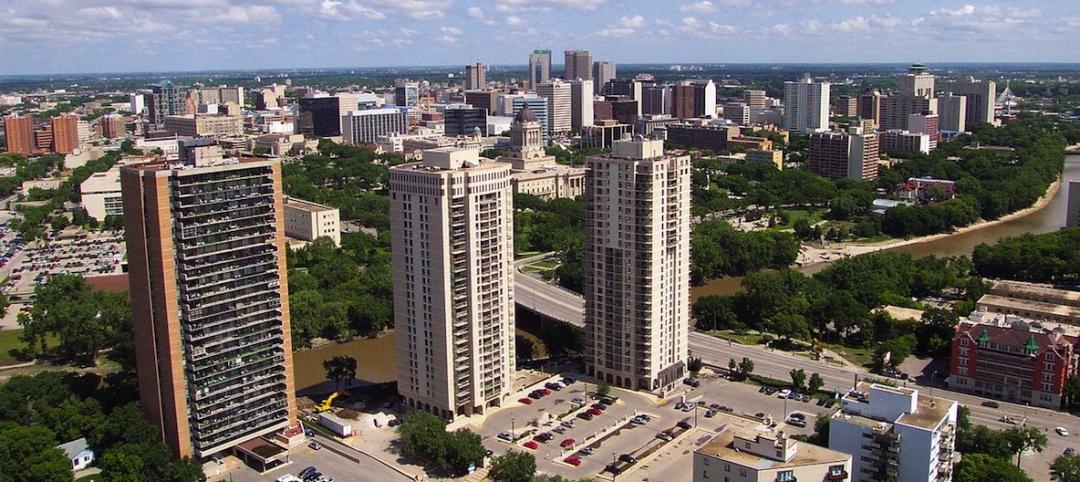Since completing construction, the 58-story Millennium Tower has become San Francisco’s most infamous building.
The tower is founded on piles driven through soft, compressible clay soils deposited by San Francisco Bay and extending into a dense sand layer over ancient marine deposits of clays, silts, and sands, according to engineering firm Simpson Gumpertz & Heger (SGH). The building’s weight and nearby construction projects caused consolidation and lateral displacement of the soils, which led to the tower settling more than 17 inches and tilting four inches across its footprint. Needless to say, this tilting began to worry residents and thrust the building into the national spotlight.
After a two-year permitting and approval process, a fix is finally set to move forward with SGH as the engineer-of-record. SGH evaluated whether the building required structural reinforcement to restore its integrity or seismic resistance to original levels. SGH lists the outcomes of the evaluation as:
– Developed detailed nonlinear models of the structure, its foundations, and underlying soil to simulate the effects of settlement and tilting
– Conducted detailed nonlinear analyses of the structure’s response to earthquake shaking
– Designed an underpinning retrofit for the structure, consisting of jacking approximately 20% of the building’s weight onto new foundation piles (52 piles to be exact) extended to rock along the structure’s north and west sides
The fix will prevent any future settlement and reverse the current tilting over time. The project is expected to begin this fall.
Related Stories
High-rise Construction | Jul 7, 2015
Bjarke Ingels designs Frankfurt skyscraper with a surprise in the middle
Several levels in the center of the 185-meter tower are shifted outward to allow for terraces with city views.
Multifamily Housing | Jul 1, 2015
Baby boomers—not Millennials—will drive demand for apartments long term, according to U.S. Fed study
The volatile U.S. multifamily housing market has returned to pre-recession investment levels, driven largely by Millennials putting off home-buying and settling for rentals, but in the long term it will be baby boomers that will drive the market as they downsize.
High-rise Construction | Jun 23, 2015
The world's best new skyscrapers for 2015
One World Trade Center and Abu Dhabi's Burj Mohammed Bin Rashid Tower are among the four towers named Best Tall Buildings by the Council on Tall Buildings and Urban Habitat.
Multifamily Housing | Jun 22, 2015
MAD Architects unveils first U.S. residential project, in Beverly Hills
The “hillside village” edifice will be covered in drought-tolerant vines and succulents.
High-rise Construction | Jun 15, 2015
Cornell Tech breaks ground on world's first Passive House residential high-rise
To achieve Passive House standards, Cornell Tech Residential will incorporate a number of sustainability-focused design elements. The façade, constructed of a prefabricated metal panel system, acts as a thermally insulated blanket wrapping the building structure.
Wood | Jun 2, 2015
Michael Green Architecture designs world's tallest wood building for Paris competition
“Just as Gustave Eiffel shattered our conception of what was possible a century and a half ago, this project can push the envelope of wood innovation with France in the forefront," said architect Michael Green of the project.
Multifamily Housing | Jun 1, 2015
Sacramento moves forward on multifamily project with new modular supplier
Guerdon Modular Buildings will provide modules for 118 apartments.
Multifamily Housing | May 30, 2015
Fannie Mae offers incentives for energy, water efficiency in multifamily buildings
Owners of apartment buildings and cooperatives may be eligible for loans with reduced interest rates for upgrades that reduce their energy or water consumption by at least 20%, under a new Fannie Mae refinancing program.
Multifamily Housing | May 30, 2015
Energy Department releases resources to assess building energy benchmarking policies, programs
The new handbook demonstrates methodologies using real data from New York City.
Multifamily Housing | May 28, 2015
Census Bureau: 10 U.S. cities now have one million people or more
California and Texas each have three of the one-million-plus cities.


